Filter by
The language used throughout the course, in both instruction and assessments.
4,885 results for "big data"
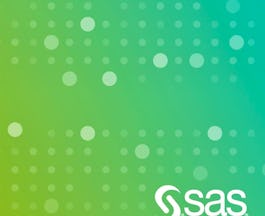
Skills you'll gain: Business Analysis, Data Analysis, Data Management, Data Visualization, Data Visualization Software, Exploratory Data Analysis, Interactive Data Visualization, SAS (Software), Statistical Visualization, Statistical Programming
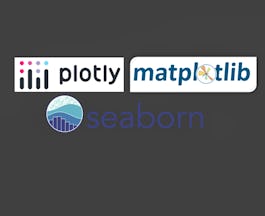
Coursera Project Network
Skills you'll gain: Data Visualization, Interactive Data Visualization
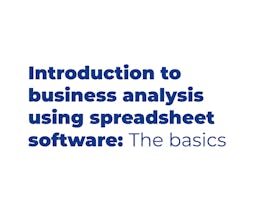
Coursera Project Network
Skills you'll gain: Business Analysis, Data Analysis, Microsoft Excel

Skills you'll gain: Applied Machine Learning, Big Data, Cloud Computing, Data Analysis, Google Cloud Platform, Human Learning, Machine Learning, Data Model, Machine Learning Algorithms, SQL

University of Colorado Boulder
Skills you'll gain: Mathematics, Algebra, Calculus, Linear Algebra, Mathematical Theory & Analysis, Differential Equations, Plot (Graphics), Problem Solving, Applied Mathematics, Graph Theory

University of Pennsylvania
Skills you'll gain: Data Management, Risk Management

University of California, Davis
Skills you'll gain: ArcGIS, Data Analysis, Data Visualization, GIS Software, Spatial Analysis, Spatial Data Analysis, Data Visualization Software, Databases, Geovisualization, Interactive Data Visualization, Leadership and Management

Coursera Project Network
Skills you'll gain: Data Analysis, Data Analysis Software, Data Visualization

University of Colorado Boulder
Skills you'll gain: Data Analysis, General Statistics, Probability & Statistics, Regression, Data Model, Statistical Analysis, Exploratory Data Analysis, Basic Descriptive Statistics, Data Analysis Software, Machine Learning
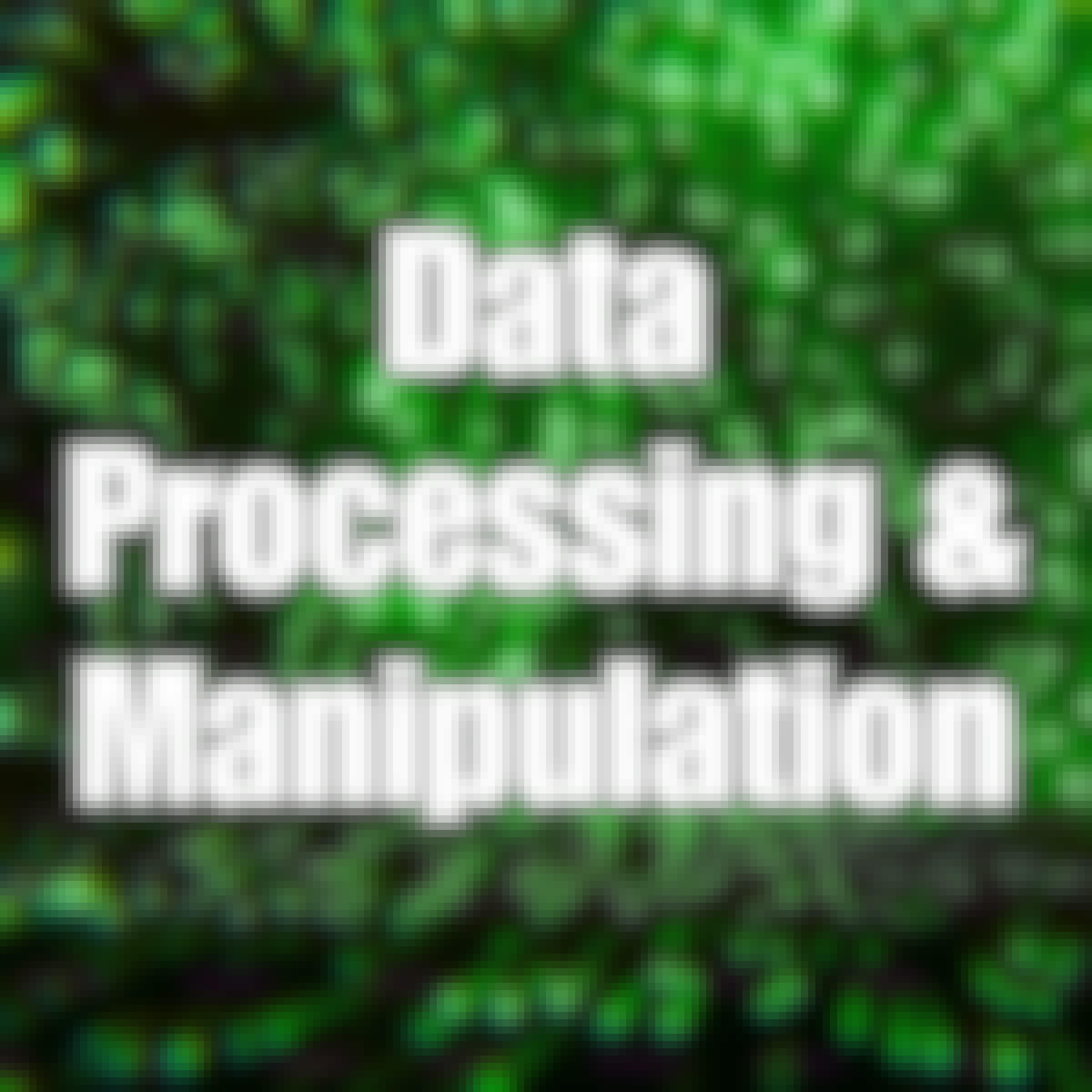
University of Colorado Boulder
Skills you'll gain: Data Warehousing
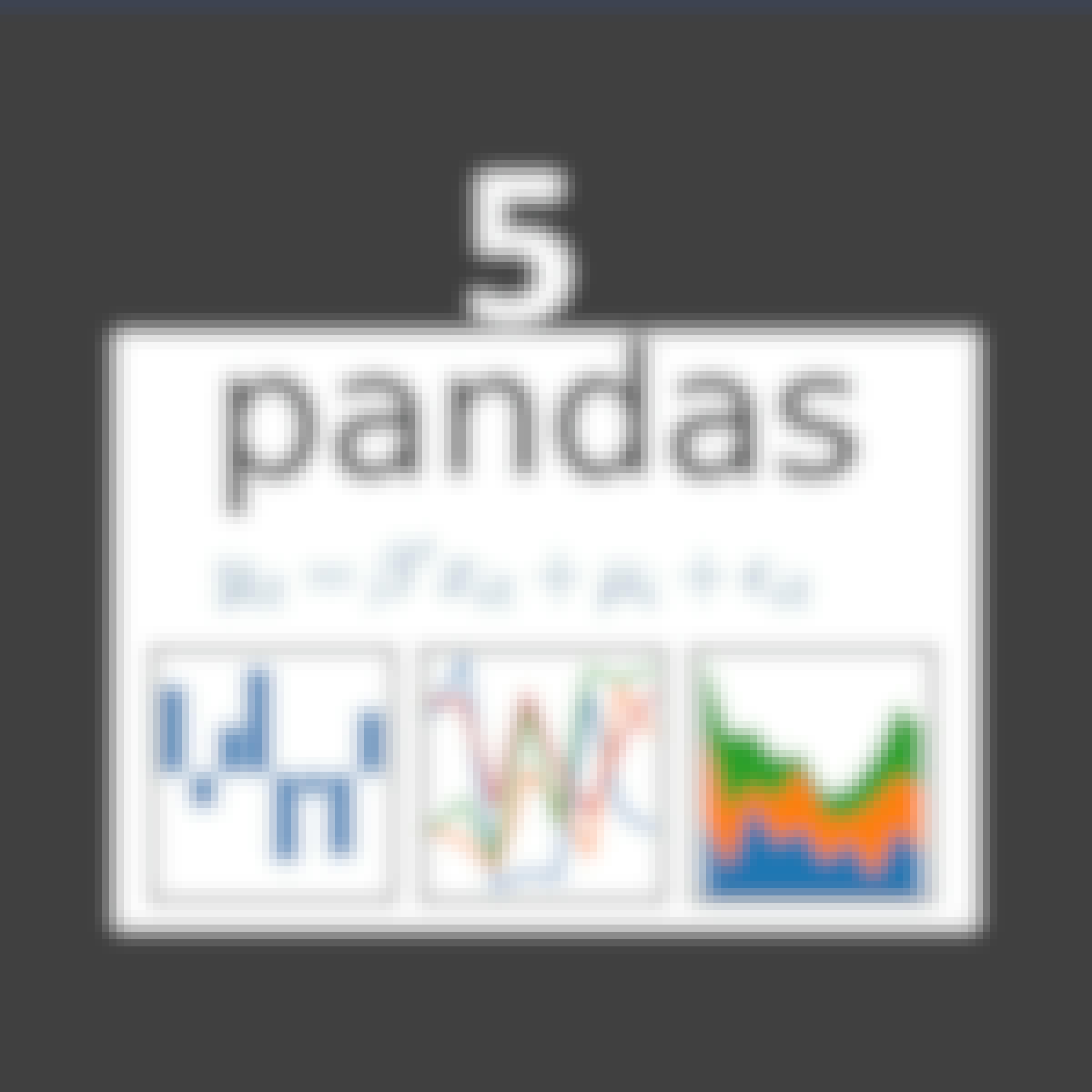
Coursera Project Network
Skills you'll gain: Data Analysis, Exploratory Data Analysis

University of Michigan
Skills you'll gain: Data Analysis, Python Programming, Statistical Analysis, General Statistics, Probability & Statistics, Statistical Programming, Regression, Exploratory Data Analysis, Statistical Tests, Basic Descriptive Statistics, Computer Programming, Machine Learning Algorithms
Searches related to big data
In summary, here are 10 of our most popular big data courses
- Getting Started with SAS Visual Analytics : SAS
- Data Visualization & Storytelling in Python: Coursera Project Network
- Introduction to Business Analysis Using Spreadsheets: Basics: Coursera Project Network
- Applying Machine Learning to your Data with Google Cloud: Google Cloud
- Expressway to Data Science: Essential Math: University of Colorado Boulder
- Privacy Law and Data Protection: University of Pennsylvania
- Geographic Information Systems (GIS): University of California, Davis
- Qlik Sense for Beginners: Analyze and Visualize Data: Coursera Project Network
- Predictive Modeling and Analytics : University of Colorado Boulder
- Data Processing and Manipulation: University of Colorado Boulder










